Christmas seems an appropriate time to discuss materialism.
It is fashionable to characterise any attachment to material possessions as shallow. Any man interested in clothes knows the feeling of being considered superficial or – perhaps more revealingly – the fear of being considered so.
But there is a difference between materialism and consumerism. A love of physical objects does not necessarily involve transient tastes, accumulation or waste.
A man that doesn’t care about his clothes may keep them until they wear out; but because he buys cheap clothes and doesn’t take care of them, he may still buy more than a devotee of permanent style. The latter will spend a lot more money, but that is his prerogative and his passion will bring him long-lasting pleasure. There is no waste. It is environmentally friendly and it preserves traditional craft. But most importantly, it is not shallow.
Even fashion isn’t necessarily shallow. Couture produces artistic marvels. The problem is changing it every six months and leaving a dump of suddenly unfashionable ripped jeans in the dumpster behind Primark.
A love of objects is often a deep one. This is particularly true today, when one’s music collection, photographic memories and literature are often stored digitally. In a few years’ time, if Microsoft is to be believed, it will all exist in ‘the cloud’. It doesn’t get much more immaterial than that.
The theme was illustrated by two popular books this Christmas: The Hare with the Amber Eyes, by Edmund de Waal, and A History of the World in 100 Objects, by Neil MacGregor. Both demonstrated the evocative power of objects: an inherited set of Japanese carvings and the best of the British Museum, respectively. Objects can have extraordinary aesthetic and emotional power, whether a seventeenth century Shi’a parade standard or inherited ivory animals. De Waal believes some objects emit an existential hum, and “retain the pulse of their making”.
I don’t think my Edward Green Oundles hum. But my knowledge of the craft involved in their construction, my long hours of polishing and brushing, and their faithful service, endow them with rich personal significance. I think the world could do with a bit more of this sort of materialism.



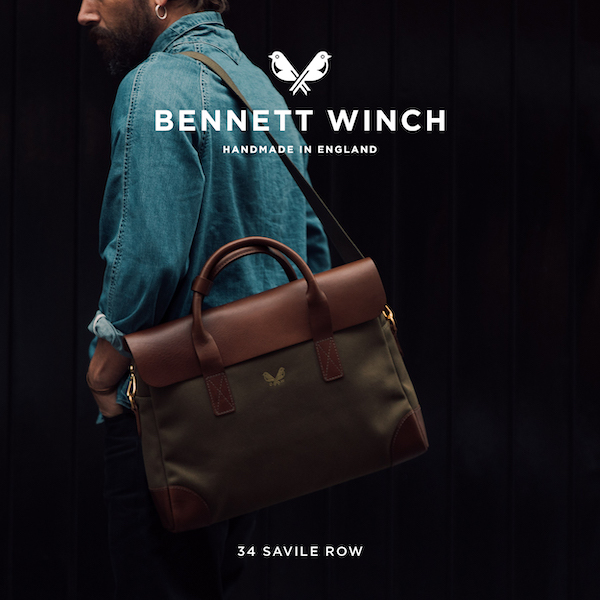







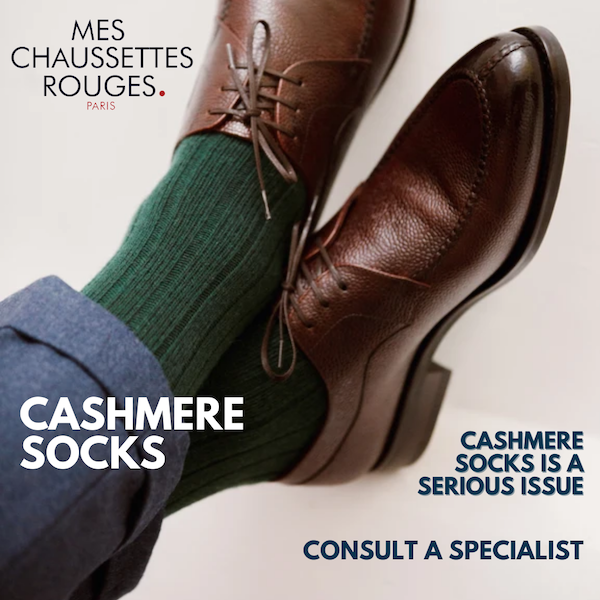










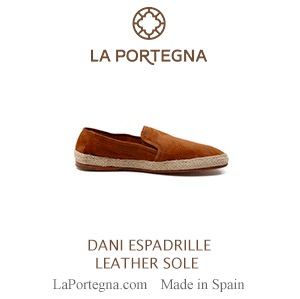
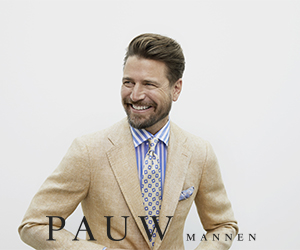

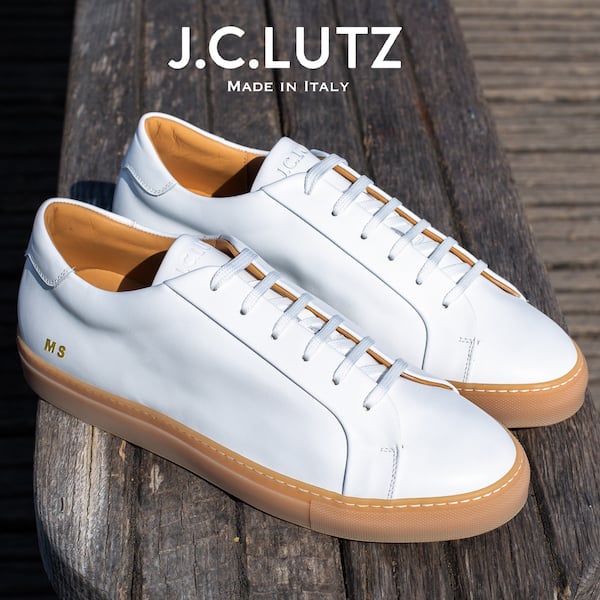





Wonderfully put. Couldn’t agree more.
While I agree that disposing of clothes just because they are last season is completely silly, one has to ask, do you purchase your Edward Green shoes solely for their longevity or because of the status that accompanies the brand name?
You talk about horrendously expensive shoes as though they are a necessity, and to be absolutely frank. They’re not. We don’t need them. simple cloth to drape around the body and simple sandals will cover us. You don’t have to throw these things away either.
I couldn’t agree with you more. The clothes I own may cost more than the next person, but I wear them yearly and they never tire.
I really love your blog!
Hello Simon–
Bravo!
Thanks for a lovely essay.
Hugely appreciated.
–JW
I am in the clothing industry and it is very difficult to persuade men into purchasing good quality not cheap garments because of their utilitarian mind setting. But they should often look beyond the clothing and understand that it’s a much deeper horizon than just men’s wear.
… Love and passion for all of what life is and has to be enjoyed; whether it’s a job, a mate, a garden, or a shoe. It’s a beautiful thing when judgement is placed aside and we experience love and passion for life… however it reveals itself. Nice post!
Nice post! This is not the first time I read a blog post on this subject; and it is truly with joy I read these kinds of articles. People are waking up, and realizing that what some may call luxury consumption is really a kind of “sustainable consumption” or whatever one wishes to call it. Acquiring a bespoke suit that you can wear for 2-3 decades, if not more, is a far better investment for both the environment and your wallet than spending the same amount on Zara or Topshop.
As a reply to “Alex’s” post: I don’t know what part of the world you are from, but wearing a pair of sandals and a toga will definitely end your life prematurely if you live somewhere in the world north of Paris . I understand what you are getting at, but don’t be silly. I’d say that a maker such as EG or similar (I represent a maker in the same segment) does not over price their products, but I agree that there are other brands, usually high profile fashion brands, that charge the same amount of money for an inferior product . This is of course wrong, but it is the consumers market after all.
/Leaves & Tung Trade Agent (agent for Gaziano & Girling and Rubinacci)
I fully agree with this philosophical point of view. I just wish I could get my wife to understand it.
What pen do you typically use Simon, when you’re not using your perfect pencil?
A Yard-O-Led ballpoint, or Graf von Faber-Castell
Have you used Mont Blanc’s ballpoint pens before and preferred Yard-O-Led still? Do you think Mont Blanc too brand-y and ostentatious to put in your breast pocket?
I haven’t tried them, no, for the latter reason, yes. It’s silly, but I don’t particularly want that logo sticking out.